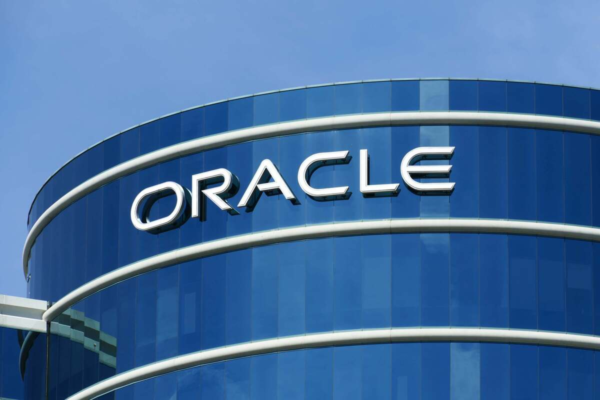Oracle has updated its managed low-code application development platform, Application Express, or APEX, with a programming assistent driven by generative AI. The APEX AI Assistant debuts in Oracle APEX 24.1.
Oracle APEX can be used via any of Oracle’s database services across the company’s on-premises and cloud infrastructure.
The APEX AI Assistant can generate SQL code from natural language prompts, explain existing code, and suggest bug fixes to the code that can be integrated into the application, Oracle said.
Developers can access the APEX AI Assistant while building the pages of an application in the page designer window. Pages in APEX are the different UI interfaces that an end user interacts with while using an application.
In contrast to the practice of manually writing or entering SQL code while editing the pages of an application, developers have the option of using the APEX AI Assistant to help write SQL code to configure what each part or region of the page should display or edit.
“The developer opens up the AI Assistant with a natural language interface and keys in the kind of data query that particular field of the application needs, said Mike Hichwa, senior vice president of software development at Oracle. “The code is generated and with one single click it can be inserted into the page.”
Developers can also ask the assistant to explain SQL code, such as what is the difference between a join and a left outer join, Hichwa said.
The assistant can also be accessed via the SQL Workshop submenu inside APEX. This menu, according to Hichwa, is aimed at helping developers iterate and refine SQL queries.
“The assistant can help a developer identify errors in the SQL code and also explain the next steps required to fix the code,” the senior vice president said.
Generating application blueprints with AI
The generative AI assistant inside APEX can be used to design an entire blueprint of an application, edit it for adding new features, and finally publish the application via a natural language interface.
“Developers have to explain the purpose of the application in natural language, including the pages they want along with any other features, post which the AI Assistant proposes a set of pages and options matching the prompt,” Hichwa said.
The AI Assistant also can be used to add new pages, edit existing pages, or add security features to the application, the company said.
APEX allows developers to choose from multiple large language models (LLMs) inside one application, Oracle said. Developers can choose which LLM they want to use while editing pages.
“Developers can upgrade the LLM by simply updating the application’s LLM preference, and every application component that references this name’s definition will use the new LLM,” Hichwa explained.
Hichwa pointed out that each LLM has different price points and enterprises will be charged accordingly. APEX itself is free with any of Oracle’s database services.
Some of the LLMs available include GPT-4o and Cohere’s family of models.
Along with creating a blueprint for an application, APEX allows developers to add a natural language interface, powered by generative AI, into their application.
The new version of APEX with the AI Assistant and other features are generally available.
Oracle APEX and its rivals
Oracle APEX competes in the low-code platform space with the likes of Mendix, Appian, Salesforce, Microsoft, and Creatio, all of whom have added generative AI-powered app building capabilities. But the Oracle platform arguably is not a direct rival to the offerings from the other vendors.
“Oracle does not want its APEX platform take over all application development, serving as a general-purpose, low-code development environment for any and all use cases,” said Bradley Shimmin, chief analyst at Omdia.
“Rather, Oracle intends APEX to serve as the ‘best’ choice for companies seeking to build low-code apps on top of data housed within one of Oracle’s widely deployed database platforms—something the company has been working on since introducing APEX back in 2004,” Shimmin added.
Enterprise low-code application platforms, according to Omdia, is expected to exceed $18 billion in 2026. Schimmin also pointed out that APEX lags in areas such as connectivity to data sources and multicloud, managed LCAP (low-code application platform) services.
However, Oracle’s Hichwa said that multicloud, managed LCAP services are planned in the near future. Developers can run APEX in Azure but it is not fully managed, the vice president added.
Paul Nashawaty, the Futurum Group’s practice lead and lead principal analyst, pointed out that APEX currently supports a wide range of data connectors and integration capabilities, allowing it to interact with various external data sources beyond Oracle databases.
This includes support for RESTful web services and enabling developers to connect to APIs and other web services, Nashawaty said. APEX also offers native integration with popular cloud services and third-party databases, such as Microsoft SQL Server, MySQL, and PostgreSQL.



